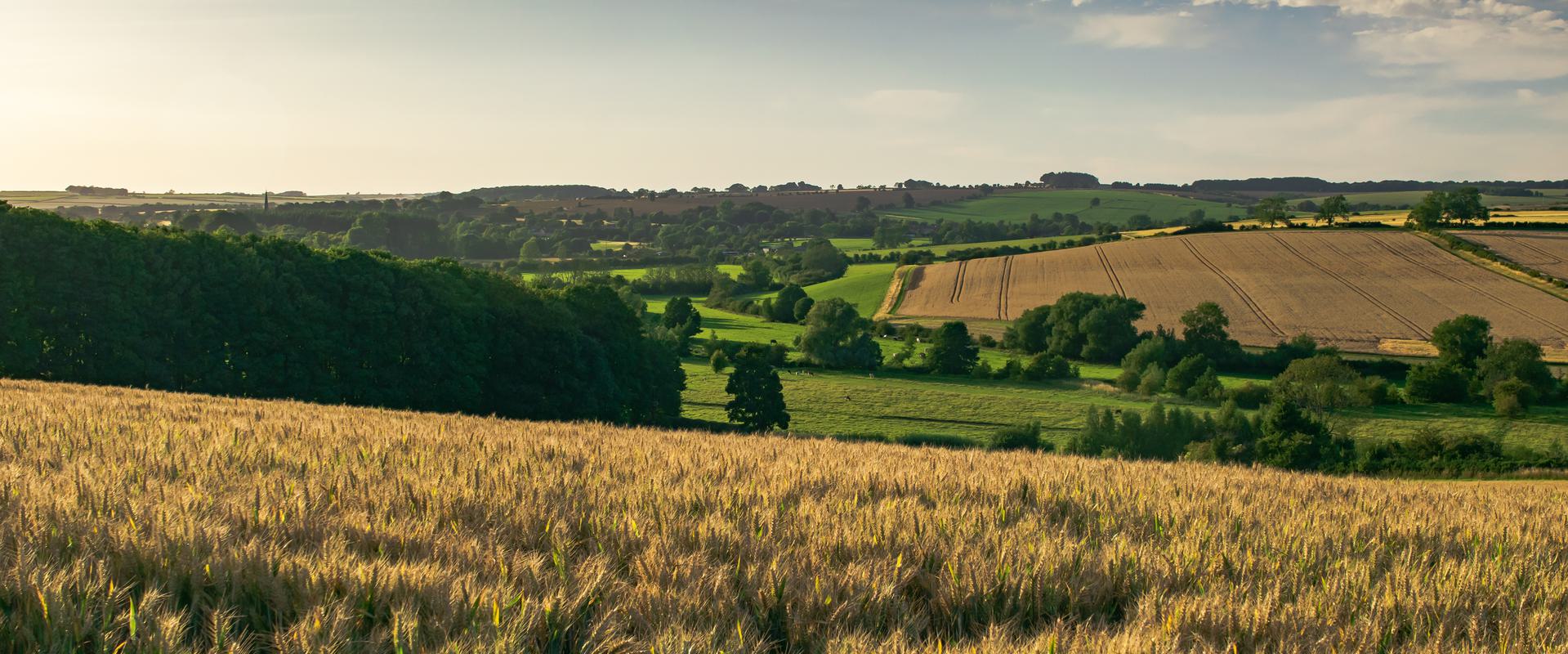Leading firearms lawyer Lachlan Nisbet explains the security and safety conditions’ on your firearms or shotgun certificate and how to ensure compliance.
Read more
Firearms Law FAQs
Discover our firearms law servicesFAQs
Firearms licensing in England and Wales is dealt with by the Firearms and Explosives Departments at each police force. To obtain a certificate, you need to apply to your local police force.
Before granting a certificate, the police will:
- Conduct a thorough background check, including reviewing criminal convictions and medical history.
- Consider whether you have a suitable reason to hold a firearm.
- Conduct a home visit and consider how you intend to store the firearm and ammunition safely.
- Speak with your referee(s) who will attest to your suitability to hold a firearm.
Police forces may conduct further checks, including reviewing your social media profiles and financial information as well as interviewing members of your household about your suitability to hold a firearm.
The length of time from the initial application to receiving your certificate varies by police force area. However, you can expect to wait a number of months before a decision is made.
Shotgun and firearm certificates will be revoked if you are considered by the police to be “a danger to public safety or the peace”.
Though certificates can be revoked in a wide range of circumstances, the most common include:
- criminal convictions and police investigations
- mental health concerns
- difficult divorce or family law proceedings (including allegations of domestic abuse)
- breach of storage conditions or other certificate conditions
- inappropriate and reckless behaviour (including on social media).
The above list isn’t exhaustive. The police may still revoke or refuse a certificate on other grounds, including where intelligence is held that relates to you or any member of your family, friends or associates.
It’s also important to remember that the police may take issue with the behaviour of members of your household, such as children or partners.
People with criminal convictions may hold shotgun or firearm certificates. However, an application for a certificate may be refused due to criminal convictions.
When deciding whether to grant a certificate, the police will consider the:
- nature of the conviction
- seriousness of the conviction
- length of time since the conviction
- sentence you received as a result of your conviction.
If you received a custodial sentence of between three months and three years, you’ll typically be prohibited from using firearms for five years after your release from custody.
If you received a custodial sentence of over three years, you’ll typically be prohibited from using firearms for life. You can apply to the Crown Court to remove this prohibition.
A prohibited person is an individual who — as a result of a custodial sentence — cannot hold a certificate to possess a shotgun or firearm. They also cannot (at any time) possess a shotgun, firearm or ammunition. A prohibited person can apply to the Crown Court to have the prohibition lifted. If this is successful, they may then apply for a shotgun or firearm certificate.
There is no guarantee that a successful application to lift a prohibition will result in the grant of a shotgun or firearm certificate. The relevant police force may still refuse to grant a certificate on grounds relating to the offence that gave rise to the prohibition, or on the basis of any other evidence that it considers to relate to suitability.
Divorce is one of the most stressful life events that many of us can experience. Often, our advice to clients with a shotgun or firearm certificate is to store their firearms safely, away from the matrimonial home.
This takes firearms away from a potentially volatile situation and prevents malicious accusations that involve firearms, which may impact on whether you are considered to be safe to hold a certificate by the police.
If your certificate is revoked, you’ll be provided with a letter that sets out the reasons for revocation. These can vary by police force and may not contain much detail about why the certificate has been refused. If your certificate is revoked or your application refused, you may appeal the decision of the police force to the local Crown Court within 21 days of receipt of the decision letter.
The most commonly complained of situation (outside of court proceedings) in relation to firearms licensing is the delay that many experience once their firearms and certificates have been seized or voluntarily given.
Unfortunately, it’s common for delay to creep in at this stage. We have had clients wait almost 18 months to get their firearms and certificates back. Even if you frequently chase the police force concerned, you may not receive any response at all.
It’s important to stay calm and measured in any communications with the police. Avoid telephone calls — instead, write to the relevant police force every fortnight for the first two months following seizure/surrender. If you don’t receive a satisfactory response, get in touch with us.
Take legal advice. Requests of this nature are — as the name suggests — voluntary. While you aren’t required to comply, remember that cooperation with the police may be the best approach in certain circumstances. The police will often argue that a higher standard of conduct is expected of certificate holders, which includes cooperation with voluntary requests. You should consider how a refusal to comply might be viewed subsequently. Always remain calm and polite when dealing with police officers.


